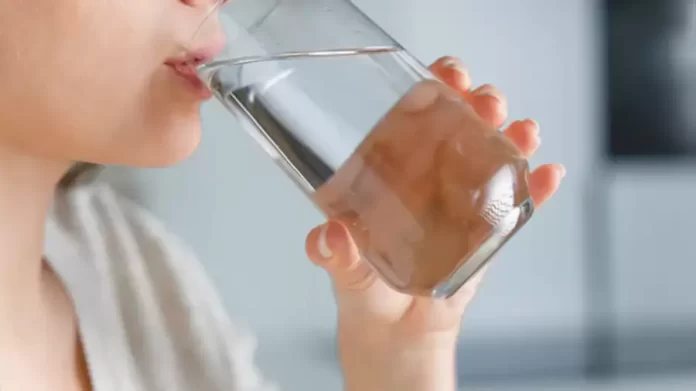Drinking water is essential for our health, but what happens if you consume too much water? It is important to know that drinking too much water can be dangerous and may cause a condition called water intoxication or hyponatremia. This is because excess water can dilute the sodium levels in the body, leading to an imbalance of electrolytes. Here are some Side Effects of Drinking Too Much Water!
Accumulation in the Kidneys
When you drink too much water, your kidneys cannot remove the excess water fast enough, and it starts to accumulate in the body. This leads to swelling of the body, including the hands, feet, and brain. Symptoms of water intoxication include headaches, nausea, vomiting, seizures, confusion, and even coma.
An adult body requires 3-4 litres of water every day, but the kidneys can only handle one litre of water every hour. If you drink more than that, your body cells will store the extra water and may start to swell.
Drinking Too Much Water in Normal
In hot weather, we need more water, and we get some liquid from the food we eat. But the kidneys can only process a litre of water every hour, so drink enough water to stay hydrated and keep your kidneys healthy.
It is essential to understand that drinking too much water is not common and occurs mainly in athletes, especially marathon runners. These athletes tend to consume a lot of water to prevent dehydration, but this can lead to water intoxication. Drinking water in large amounts can also be a result of a psychological condition called psychogenic polydipsia, where a person feels an excessive need to drink water.
Leads to Water Intoxication
To avoid water intoxication, it is essential to drink water in moderation. The amount of water a person needs varies depending on factors such as age, gender, weight, activity level, and climate. However, drinking 8 to 10 glasses of water per day is considered adequate for most adults.
Take Small Sips Instead of Drinking it All
It is also important to be aware of the signs of dehydration, which include thirst, dry mouth, and dark urine. When you feel thirsty, your body is already dehydrated, so it is important to drink water at regular intervals throughout the day, rather than consuming a large amount of water at once.
Another factor to consider is the type of water you are drinking. Drinking water that is low in sodium is better than drinking water that has a high sodium content. This is because sodium helps to regulate the body’s fluid balance. Drinking water with a high sodium content can lead to increased water retention and swelling.

Different Levels for Different People
Another way to prevent excessive water intake is to pay attention to your body’s needs. Thirst is a signal from the body that it needs water to combat dehydration. So, make sure to drink water when you feel thirsty.
Young women between the ages of 19 and 30 should drink around 2.7 litres of water each day. Young men of the same age need about 3.7 litres. However, depending on thirst levels may not work for everyone, including athletes, older adults, and expectant mothers.
Conclusion
Drinking water is good for us, but drinking too much can be bad. Drink water in the right amount, watch out for dehydration signs, and drink low-sodium water to stay healthy. If we drink water properly, we will stay hydrated and healthy.
FAQs
1. How much water is too much water for the person?
More than 28 litres should not be consumed.
2. How to notice if I have drunk too much water?
Swelling of the stomach, discolouration of feet, and tiredness are some signs.
3. How to drink 4 litres every day?
Drink the water in slow sips.
Also read: Do You Feel Hungry All The Time? These Might Be Some Of The Reasons
































































